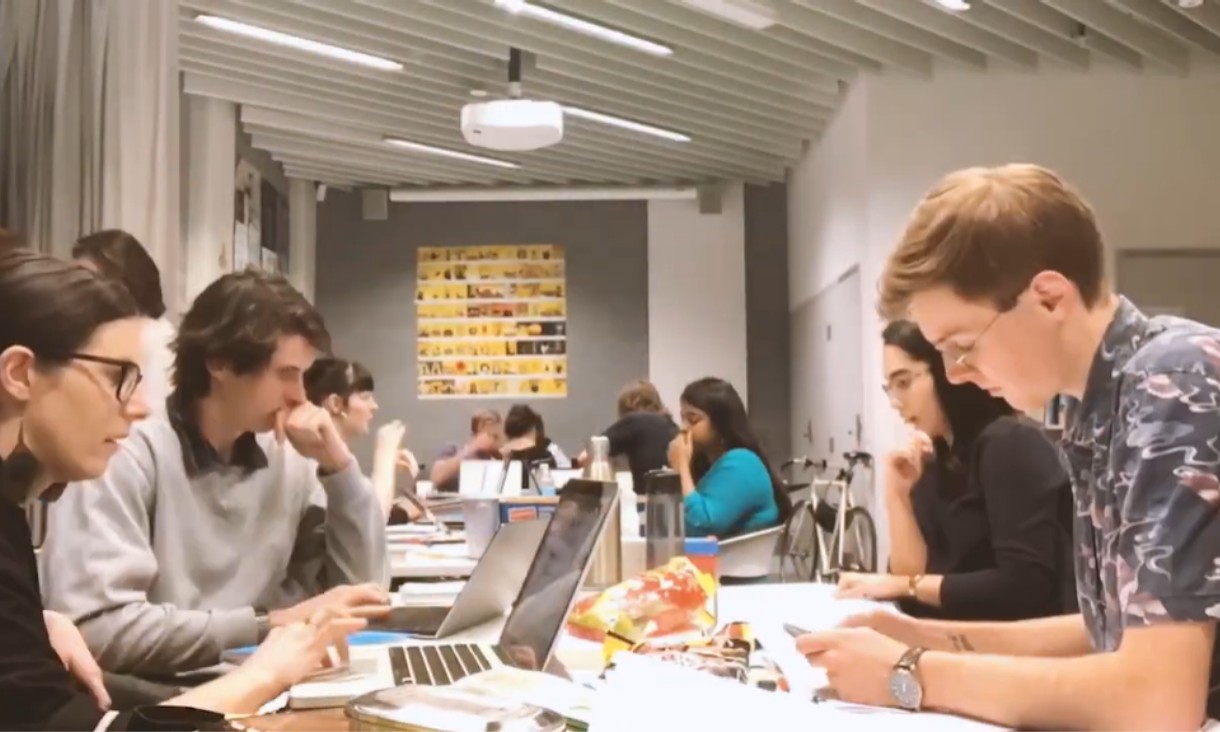The core of the degree is the unique Bowen Street Press internship.
The Bowen Street Press operates as a real-world, student-led publishing house, which offers many opportunities for industry engagement and real-world and simulated work practice. The numbers speak for themselves: interns have rated this degree with 100 per cent for overall satisfaction, generic skills and graduate qualities over the past two years, as well as more than 90 per cent ratings for learner engagement, skills development, teaching quality and overall quality of education.
This degree is designed as a series of connected studios in which you take on specific industry challenges through collaborative and interdisciplinary learning and teaching strategies. Publications in both group and individual scenarios from print through to digital are the focus of the Bowen Street Press. A combination of industry-led research and individual projects in the second year of the degree will ensure a high level of flexibility for students.
Lecturers and academics all have strong industry relationships and experience, and the learning environment simulates professional practice within the writing, editing and publishing industries. The studios comprise an internship day, weekend intensives, weekly face-to-face seminars and student-directed learning.
Class sizes are small to ensure personal supervision of your activity and progress.





